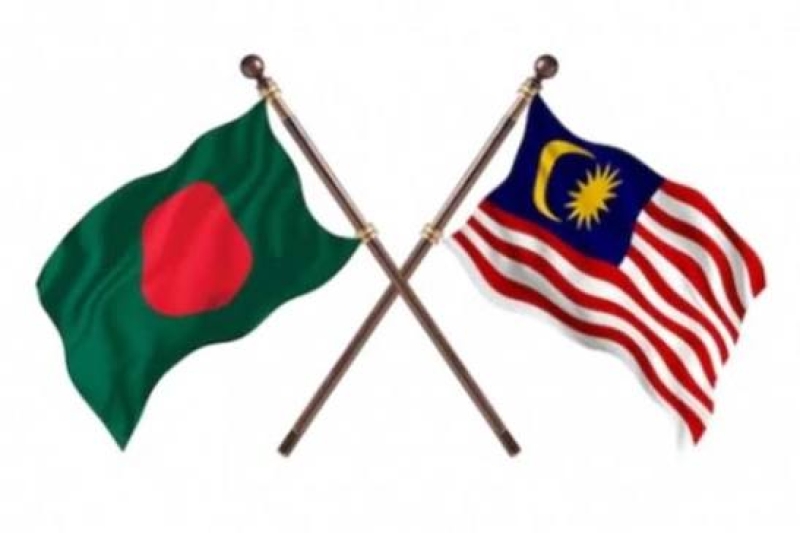- Fire at UN climate talks in Brazil leaves 13 with smoke inhalation |
- 5mmcfd gas to be added to national grid from Kailashtila gas field |
- ArmArmed Forces Day: Tarique's message draws on historic closeness |
- UNGA urges renewed int’l efforts for a resolution of Rohingya crisis |
- First National AI Readiness Assessment Report Published |
UN urges Bangladesh, Malaysia to protect migrants

UN human rights experts on Friday urged both governments of Bangladesh and Malaysia to intensify their efforts to ensure that migrant workers are not criminalised or re-victimised and that fraudulent recruitment agencies and other responsible actors are held accountable.
The experts expressed renewed concern about the continued exploitation, deception, and deepening debt bondage of Bangladeshi migrant workers in Malaysia.
They urged Bangladesh to strengthen the oversight of recruitment agencies, possibly through a centralised job portal, and prohibit the collection of fees from migrant workers.
“We are deeply troubled that fraudulent recruitment and the exploitation of migrants remain widespread and systematic in Malaysia,” the experts said in a statement issued from Geneva.
“These practices continue to cause significant human rights harms to affected workers and their families," said the experts who have been in contact with the governments of Malaysia and Bangladesh on these issues.
The experts are Tomoya Obokata, the Special Rapporteur on contemporary forms of slavery, including its causes and consequences; Gehad Madi, the Special Rapporteur on the human rights of migrants; Pichamon Yeophantong (Chairperson), Damilola Olawuyi (Vice-Chairperson), Fernanda Hopenhaym, Lyra Jakulevičienė and Robert McCorquodale, Working Group on business and human rights.
The experts noted that, according to information received, thousands of workers recruited through the Bangladesh Overseas Employment and Services (BOES) remain stranded in Bangladesh or face exploitation risks in Malaysia after paying recruitment fees reportedly exceeding the official fees by more than five times.
Allegations also include confiscation of passports by employers, false job promises, discrepancies between contracts and promised employment packages, the publication of workers’ passport numbers and other personal information without their consent, and the lack of access to support from responsible government agencies.
“Some migrants have reportedly been asked to make additional payments, while others have been reassigned to jobs without their consent. We have also been informed that a small number of recruitment agencies operate as a closed syndicate sustained by corruption, lack of transparency, and systemic exploitation,” the experts noted.
They also received reports of workers being pressured to sign or record false declarations stating that they had only paid official fees shortly before departure.
The experts reiterated that the governments of Bangladesh and Malaysia have an obligation to ensure that labour migration is governed in a rights-based, transparent, and accountable manner.
Malaysia is asked to ensure stronger safeguards to protect migrants from exploitation, arbitrary arrest, detention or deportation.
They stressed that involuntary repatriations and any form of reprisals by either governments or employers against migrant workers are wholly unacceptable and violate international human rights obligations.
They called on both countries to conduct prompt and independent investigations into reported abuses, provide effective remedies, including restitution and debt relief, and enhance cooperation to dismantle exploitative recruitment networks.
The experts urged both Governments to strengthen independent oversight in cooperation with civil society, trade unions, national human rights institutions, and UN agencies.
In addition, they called for expanded labour inspections in high-risk sectors and effective firewalls between labour rights enforcement/service providers and immigration enforcement authorities.
They further urged the Government of Bangladesh to provide pre-departure training for workers on their rights and establish effective reporting channels to secure remedies to migrants.
They reiterated their readiness to continue constructive dialogue with both governments and relevant actors, reports UNB.

